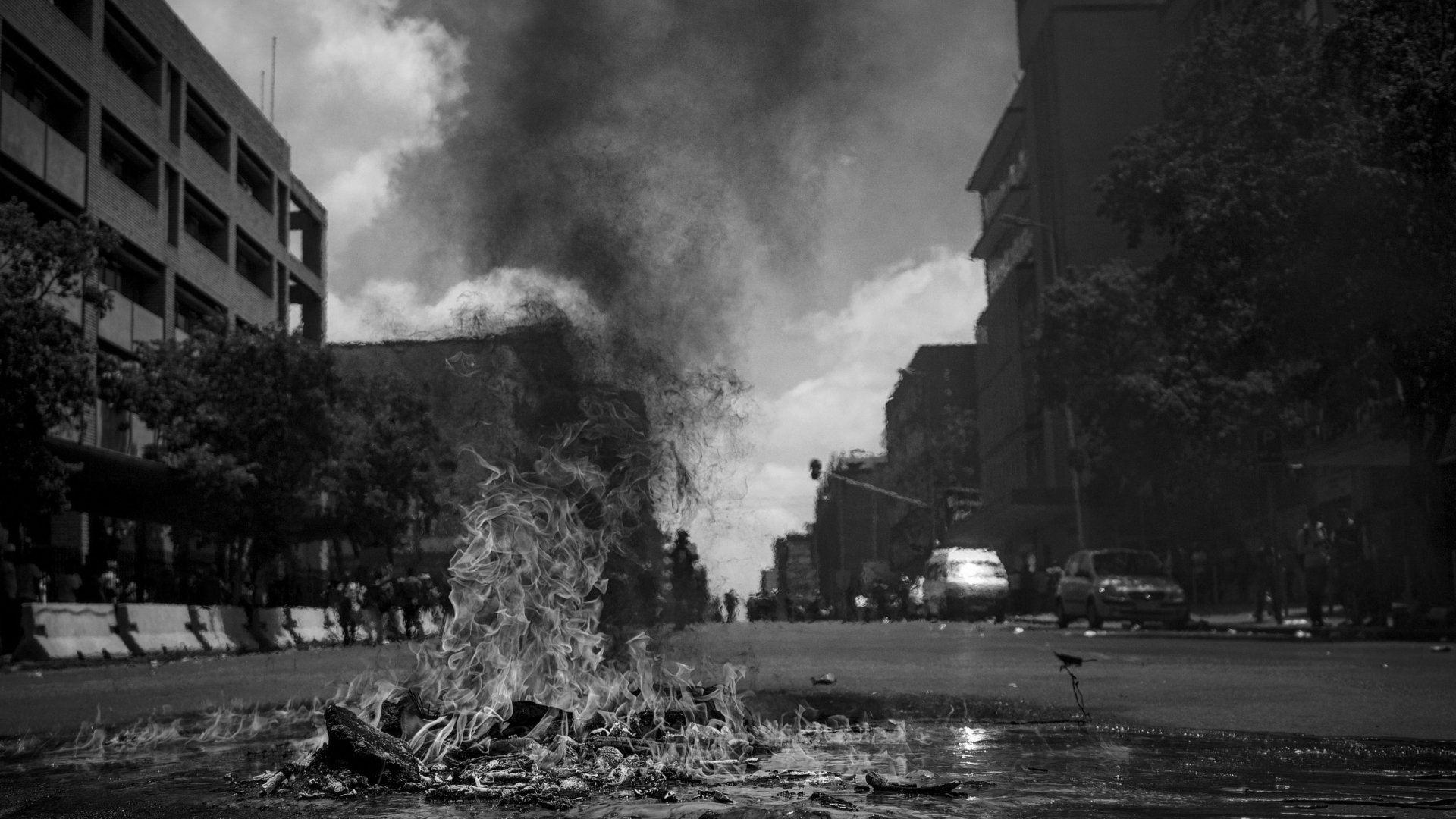There is talk among many that democracy is under threat, and we are in a period of increasing authoritarianism around the globe. There is widespread evidence of the challenges confronting the prevailing and widely accepted political and governance mechanisms. These include but are not limited to, the attempted coup in the US, increasing intolerance, right-wing nationalism, resurgence of military (popular) coups, and the rise of China. These point towards a major problem in how power is exercised at times for the benefit of a few.
Are these problems pointing towards the collapse of democracy? Our challenge is perhaps we lack conceptual clarity on what we mean by democracy. At the core of democracy is a culture of civility, tolerance, and a commitment to the public space. Over time, however, we have adopted a narrow definition of democracy where it is reduced to the holding of regular elections to decide the new band of officeholders. That is almost like the definition of a republic but not necessarily democracy. Based on this popular but narrow definition we have devoted significant attention to how we hold elections. These are important considerations in any democracy. They ensure that citizens are satisfied and feel that they are represented by the people they choose. Thus, we always argue that ‘elections’ are a necessary but not sufficient condition for democracy. One may ask- what then is outstanding in this equation? Some of us would argue that engaged citizens and the public work that they do are the vital lifeblood of a democracy.
Whilst here let me state that there are three other ways of looking at democracy viz (i) consensus democracy – rule based on consensus rather than traditional majority rule. (ii) Constitutional democracy – governed by a constitution. (iii)Deliberative democracy – in which authentic deliberation, not only voting, is central to legitimate decision-making. In many instances when we talk of democracy, we are referring to constitutional democracy.
In all instances/frameworks of democracy, citizens should be expected to occupy centre stage, again not in that narrow way of delineating who belongs to a country but rather as a distinction with officeholders. Democracy can and should be seen as a centuries-old people’s movement looking at how we can govern ourselves after throwing away the shackles of the monarchy (a symbol of oppression in a particular age). In that regard, democracy is about influencing forms of social organization and collective action to resolve public problems away from what was the preserve of the feudal structures of power. The American and French revolutions played an important role in ushering the democracy under discussion. Tocqueville’s treatise: Democracy in America’ delves deeper into the emerging forms of social organization- especially voluntary associations in that period. This may not look revolutionary today, but it was a novel way of re-organizing society outside of the monarchical feudal relations that existed.
The above definitional argument allows me to proceed to the central argument in this discussion- not all of democracy is under threat but certain aspects of it. The democracy with a small ‘d’ project - the undertakings of citizens (national and transnational) amongst themselves is probably at its peak. Globalisation was initially promoted as an economic project of interdependence. Equally so there is a newly discovered consensus on the need to jointly solve wicked problems. The wicked problems around climate change, the global economic crises, inequality, and poverty are best articulated and resolved in citizen-to-citizen platforms- commonly organized in what we loosely refer to as civil society organizations. Despite concerns to do with unresolved but stark unequal power relations- the global citizen-to-citizen platforms offer us the best possibilities for re-imagining and understanding the strides we have made to sustain democracy. In these spaces we practice (albeit unevenly) values of civil society and mutual respect, we talk about social justice, and accountability, we frown on racism and historical injustices. It is these global mobilizations of ordinary people from various walks of life that should give us hope. These mobilizations have gone through various ebbs and flows- perhaps they were at their peak during the various World Social Forums. People-to-people solidarity. Our democracy is deliberative.
The democracy project with a capital ‘D’ referring to the allocation of power and resources within a country is under threat. At the centre of the threat is the system of free and fair elections requires urgent attention and rethinking. In many instances, these elections produce cliffhanger results and still, the winner must take all with no adequate consideration of the significant minority that didn’t vote for the victorious party or individuals. Take for instance the Democratic Party in the US- they have always won the majority vote in the US since the 1980s and yet they have not necessarily won the right to run the White House due to a very complex process called the electoral college. These challenges are not unique to the US. In many African countries, the ruling political party takes advantage of its incumbency to have a final say over constitutional boundaries. The resolution of the democracy with a capital ‘D’ is within reach thanks largely to the strides that citizens have achieved in establishing various initiatives from the local, national, regional, and global processes. It is these processes that will help shape and define the next phase of the struggle for democracy with a capital ‘D’. There is hope.
